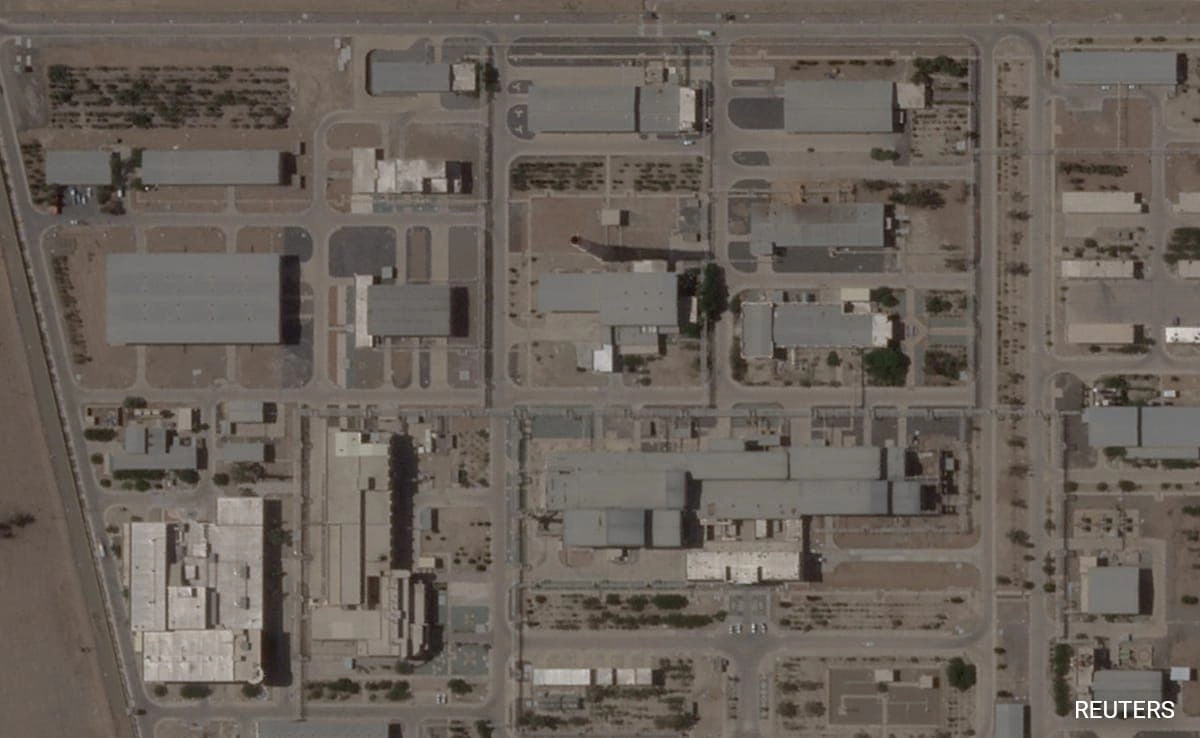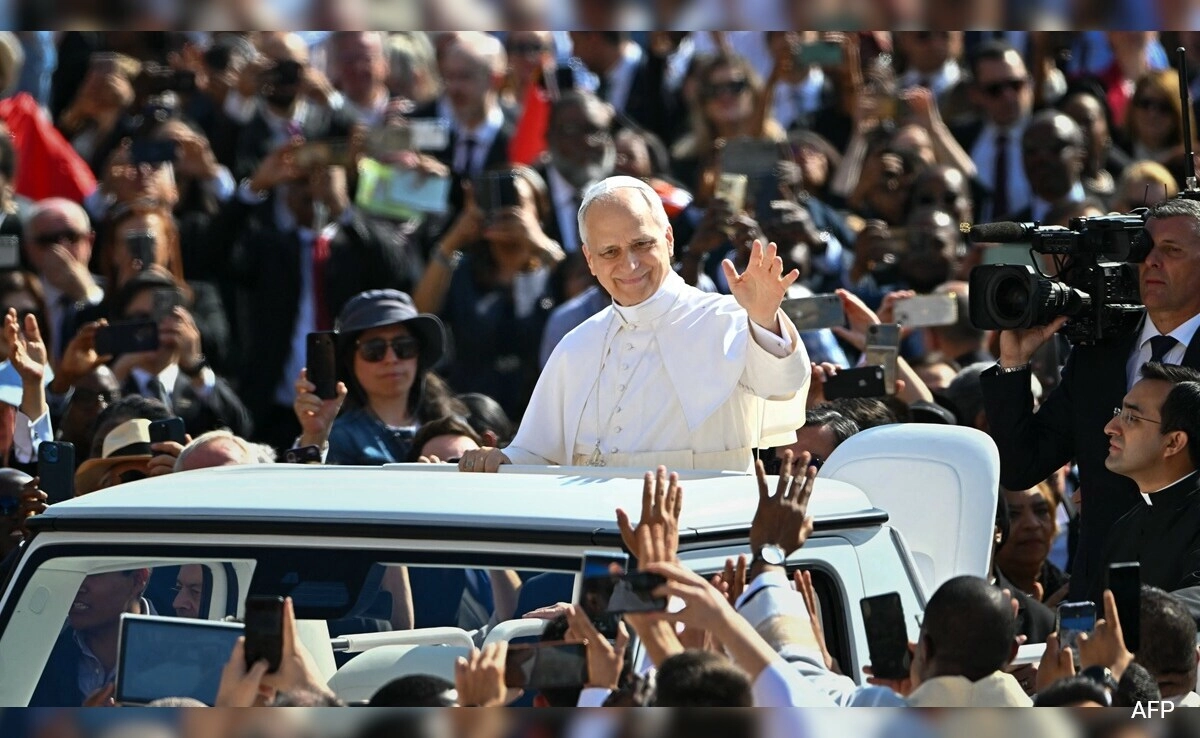The Maoist insurgents in India have made a significant announcement, proposing a “temporary suspension of armed struggle” as a gesture aimed at fostering dialogue with the central government. This development is noteworthy, considering the long-standing conflict that has plagued various regions of the country, particularly in areas marked by socio-economic disparity and marginalization. The Maoists’ call for talks reflects an acknowledgment of the complexity of the issues at hand and a potential willingness to explore peaceful avenues for resolution.
In their statement, the Maoists emphasized the need for genuine dialogue that addresses the root causes of the conflict, which they argue stem from systemic injustices, land disputes, and the lack of basic amenities in rural areas. By proposing a ceasefire, the Maoists appear to be signaling their readiness to engage in discussions that could lead to meaningful changes in policy and governance. This move could create an opportunity for the government to address the grievances of marginalized communities, potentially paving the way for a more inclusive approach to development.
However, the response from the central government will be crucial in determining the trajectory of this initiative. Historical precedents show that previous attempts at dialogue have often faltered due to mistrust and a lack of commitment from both sides. For the talks to be fruitful, the government must approach this offer with an open mind, ensuring that it is willing to listen to the concerns raised by the Maoists while also prioritizing the safety and security of its citizens. The path to peace is fraught with challenges, but this offer could represent a pivotal moment in addressing the longstanding issues that have fueled the insurgency.
In light of these developments, civil society’s role will also be critical. Engaging various stakeholders, including local communities, activists, and experts, can facilitate a more comprehensive dialogue that encompasses diverse perspectives. This collective approach may help build trust and encourage a more constructive engagement between the Maoists and the government. Ultimately, the success of this initiative will depend on the willingness of both parties to genuinely commit to the process and work towards a sustainable resolution that prioritizes peace and development for all citizens.




